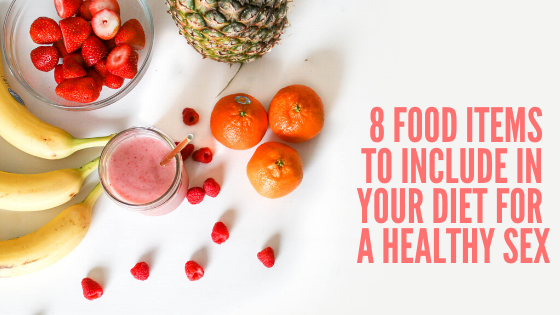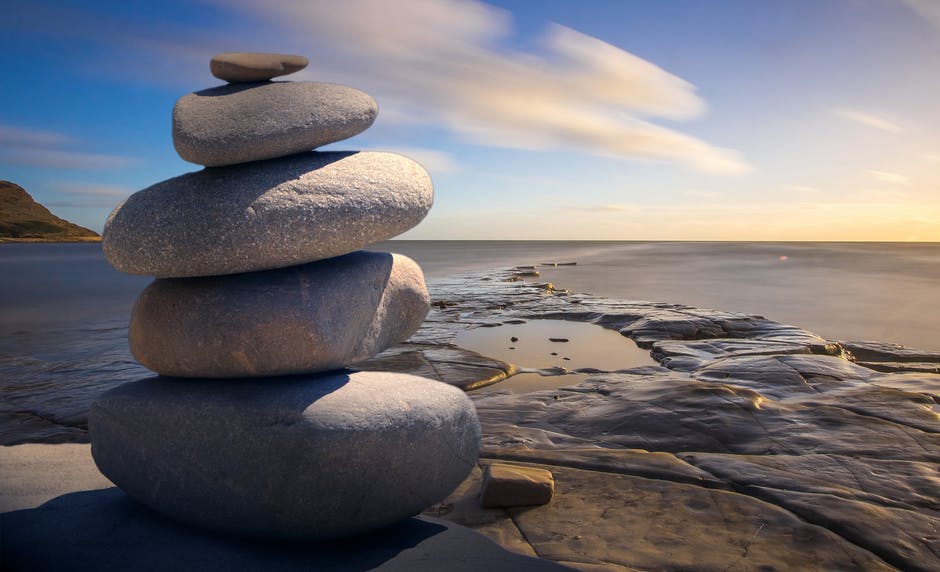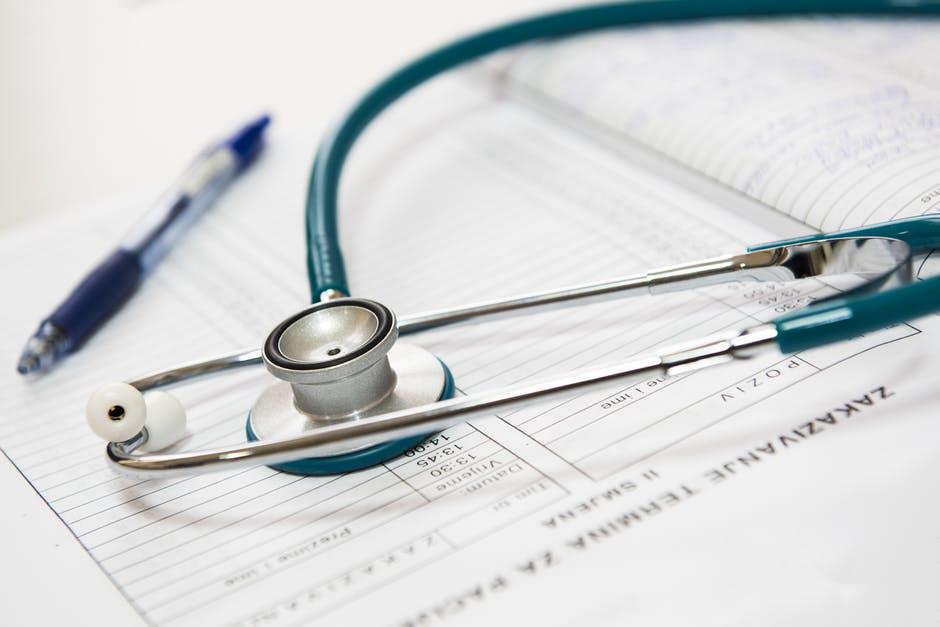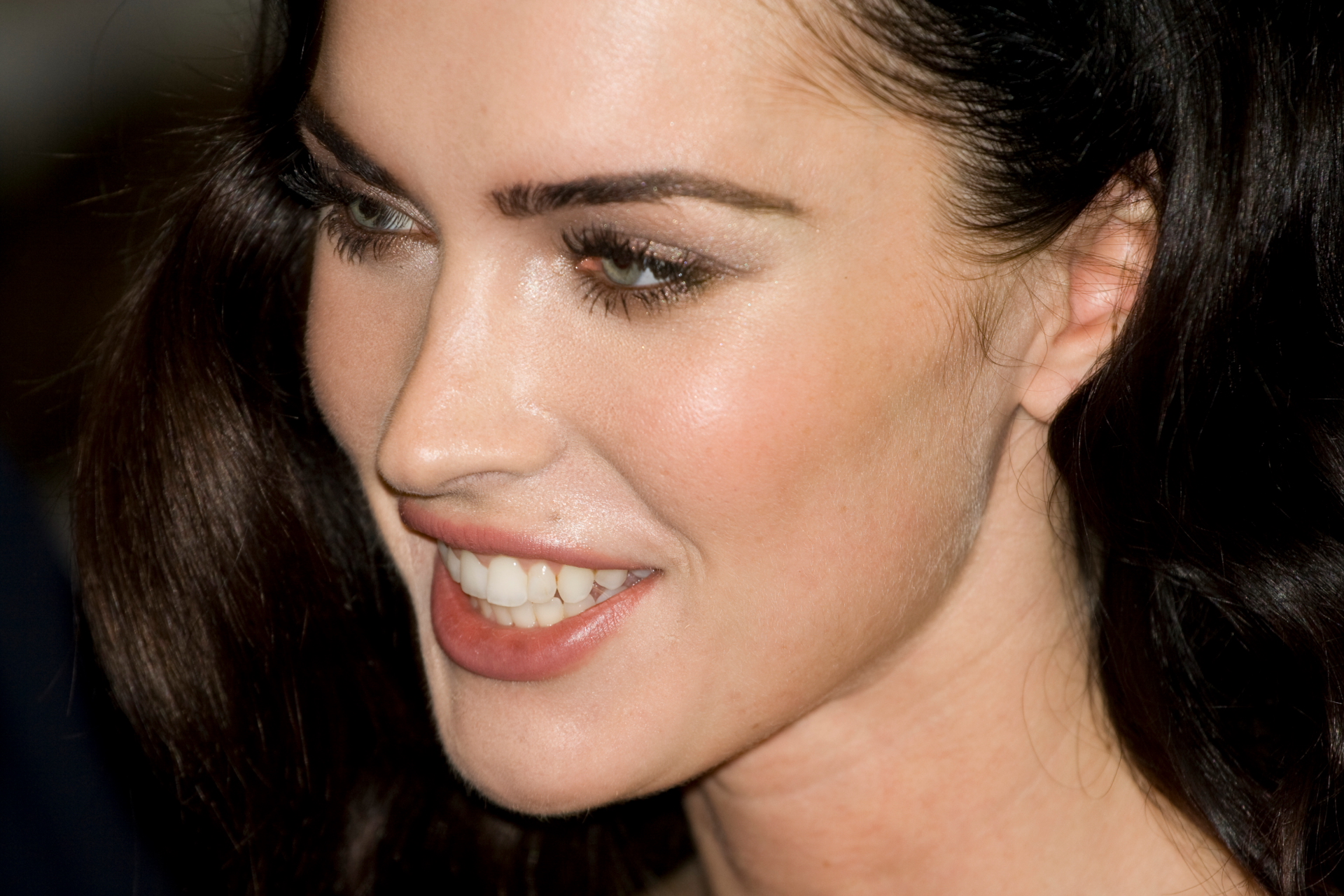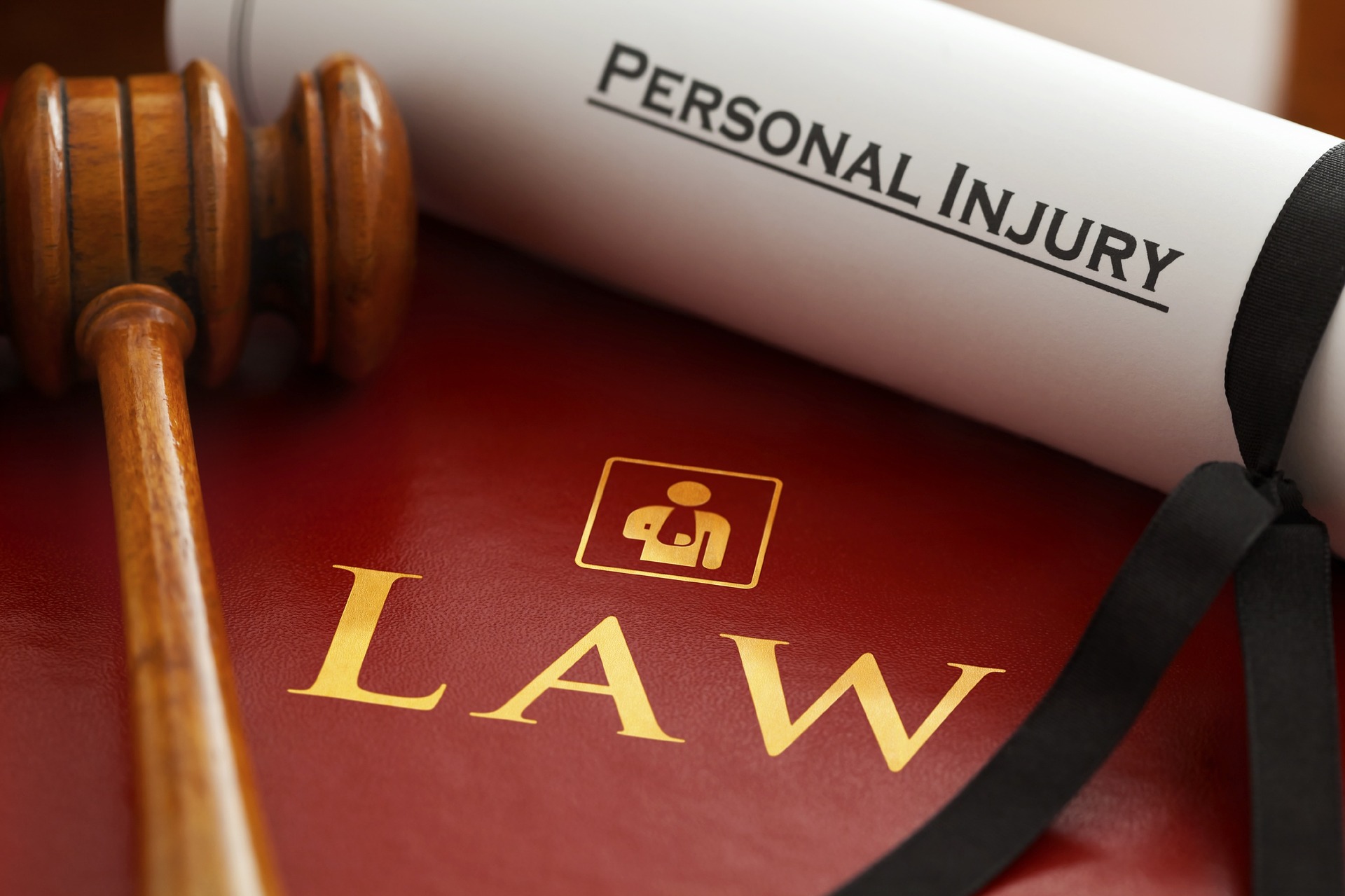Osteoporosis is a disease that affects your bones. Most of us know that, already. What many of us don’t know is that osteoporosis is something that comes about as a result of both environmental and genetic factors. If you want to stop or at the very least slow the possibility of being more at-risk of getting osteoporosis you need to understand your risk. Part of this is establishing your bone density. A bone density test measures a small part of your bones and works out the strength of your bones and the potential risk for osteoporosis based on this. You will usually find that the hip, spine and heel are measured in these kinds of tests.
Your doctor will be able to help you out with getting a bone density test, and they can give you your T-score, which is something that represents the strength of your bones. The T-score shows you how you measure up compared to others in your age and sex bracket. If your T-score is below -2.5 it will show that your bone mass is significantly lower than others in your cohort, and you should be aware that you may have osteoporosis. So, now that you are aware of how to measure osteoporosis, you need to know how to reduce your risk! Let’s take a look at some great foods for osteoporosis.
Exercise
If you have regular exercise incorporated into your life you’ll find that your risk of osteoporosis is reduced because the bones are being strengthened by this. In particular, you’ll find that load bearing exercise like running and walking are great for bone health, as the bones are being worked more. Weight bearing exercise makes your body resist gravity and stimulates the cells in your body which make new bone. In addition to this, strength training causing your muscles to pull on bone and this helps with increased bone strength. A key list of weight bearing exercises are:
- Stair climbing
- Dancing
- Jogging
- Racquet sports
- Yoga
- Water aerobics
Calcium and Vitamin D
Get plenty of calcium and vitamin D, as the calcium helps your bones to rebuild, and the vitamin D makes the absorption of calcium possible. You can get plenty of calcium from things like:
- Calcium bolstered juices and foods
- Sardines with bones
- Soy products
- Calcium supplements
Vitamin D can be obtained through spending some time in the sun (10 minutes unexposed should do the trick) – and also from your diet or supplements as well.
Avoid excess alcohol
If you take in too much alcohol you’ll find that you’re at risk of increased bone loss. Over two drinks a day is enough to put you at risk.
Avoid smoking
If you smoke cigarettes you’ll find that your body loses bone through the fact that smoking reduces the effectiveness of estrogen. It’s the best thing for your bones (and for your health in general) to quit smoking as soon as possible. See your doctor if you’re not sure how to go about this.
Avoid cola drinks
if you’re a Coca Cola fan, you might be at more risk of bone loss because of the phosphorus that is included in cola drinks. This binds to calcium and prevents it from absorbing in the body.
If you’re worried about your calcium intake, or if you’re worried about getting osteoporosis you should ensure that you’re on top of your intake and avoiding the lifestyle risks. There are plenty of ways that you can ensure that you’re putting yourself in a good position for optimal bone health throughout your life, and just by keeping drinking to a minimum, quitting smoking and exercising regularly you’ll find that you have healthier bones for longer.

